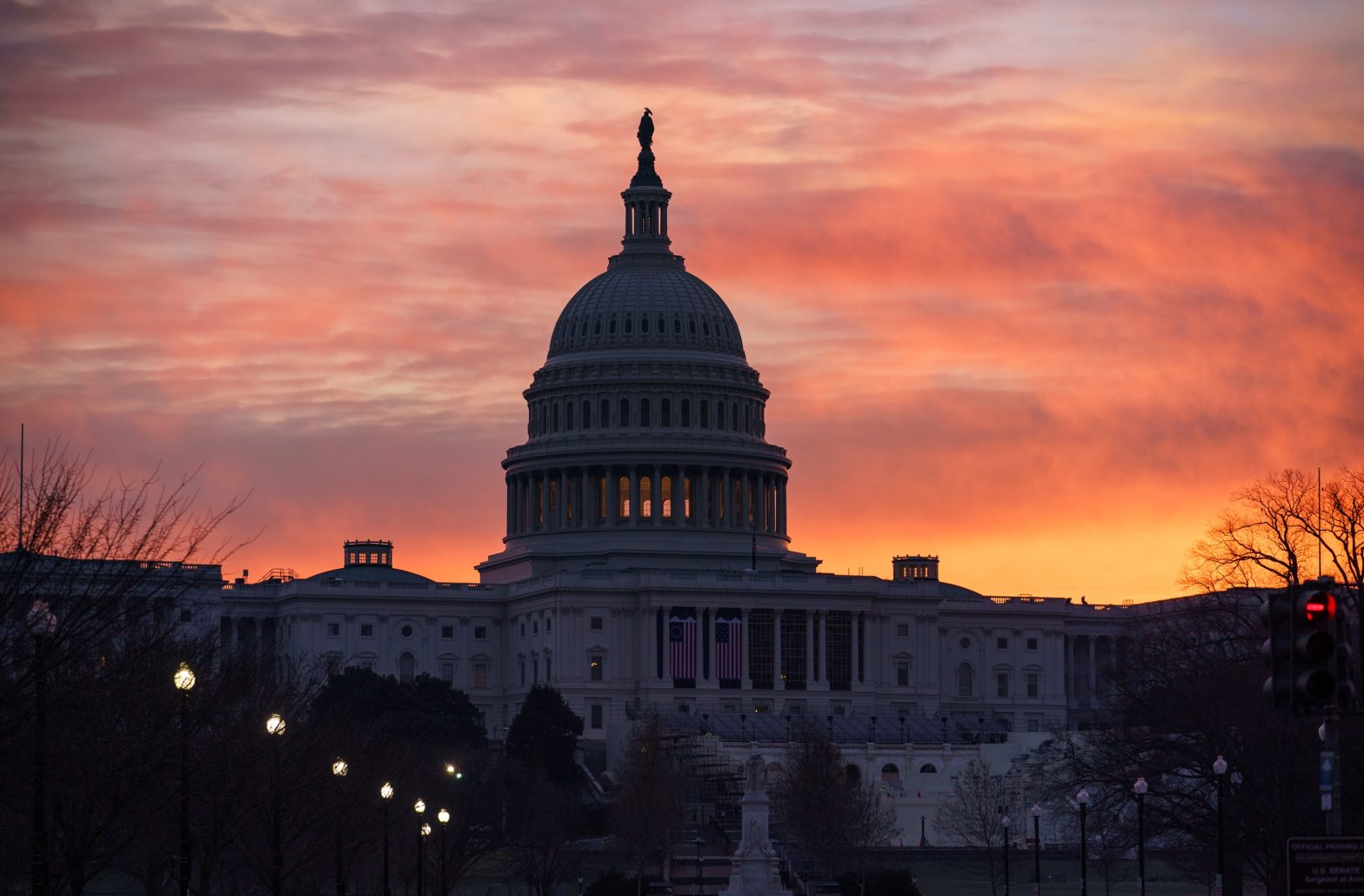Democrats Expected to Invoke Congressional Review Act to Undo Trump-Era Regulations

WASHINGTON — Although sparingly used since its ratification in 1996, the Congressional Review Act is expected to be utilized by congressional Democrats to reverse a number of Trump administration rules.
The CRA was enacted to fast-track congressional oversight of the executive branch and empower Congress to review and overrule new federal regulations via passage of a joint resolution, according to the bill’s text. Because CRA regulations do not enact new laws, they require only a simple majority to pass the House and Senate.
In February 2017 alone, former President Donald Trump signed CRA resolutions overturning a Securities and Exchange Commission rule that required oil and gas companies to disclose payments to the United States or foreign governments for commercial development, a Department of the Interior rule that prohibited coal companies from mining waste into waterways and streams, and a Social Security Administration rule that related to the implementation of the NICS Improvement Amendments Act of 2007.
Prior to these invocations, the CRA had only been used once before in its entire history to overturn a 2001 Department of Labor rule that related to ergonomics. In all, the Trump administration overturned a total of 16 Obama administration-era regulations between February 2017 and May 2018.
Despite Trump’s unprecedented string of rollbacks, the CRA can only be used against rules published in the Federal Register and submitted to Congress for review after a 60-day cut-off threshold. Any rule approved by Trump from Aug. 21, 2020, onward is eligible for congressional review.
Trump-era rules finalized after this date expected to be taken up for congressional review include a Department of Transportation rule that raised the reporting threshold for gas pipeline property damage reports, a Department of Justice rule that reworked evidentiary standards and shortened the deadlines for asylum seekers’ applications, and a Department of Housing and Urban Development regulation that raised the standards required to prove a “disparate impact claim” under the Fair Housing Act.
Further, Biden and congressional Democrats could set their sights on an Environmental Protection Agency rule requiring the agency to rely more on “publicly available data,” an EPA Clean Air Act rule that forced the agency to ignore indirect benefits of a given rule when conducting a cost-benefit analysis, and an SEC regulation that revised procedural requirements for shareholders submitting proposals at annual meetings.
In addition, several of Trump’s executive actions could fall under the umbrella of congressional review. Trump-era executive orders on faith-based organizations participating in federal agencies’ financial assistance programs, HHS guidance documentation requirements, and the removal of safe harbor protections for rebates involving prescription pharmaceuticals are all eligible for congressional review.
In May 2017, Sens. Cory Booker, D-N.J., and Tom Udall, D-N.M., submitted a bill that would have repealed the CRA if enacted. The act was referred to the Committee on Homeland Security and Governmental Affairs but received no further action.
Democrats must navigate their way through uncharted waters to make these moves happen as no Democratic lawmakers have ever invoked the CRA before. If a certain regulation is eliminated using the CRA, regulations that are “substantially the same form” cannot be proposed without special congressional authorization, according to the bill’s text.
Further complicating the matter is the CRA’s broad prohibition against judicial review of a rule’s nullification. Despite this provision, courts have entertained CRA challenges when others were rejected by the U.S. Court of Appeals for the D.C. Circuit and other appeals courts.
At this time, it remains unclear which regulations are on the radar of the Biden administration and congressional Democrats. However, utilizing the CRA in a manner consistent with Trump’s precedent is just one of the tools Democrats have to undo the regulations set forth under his administration.























